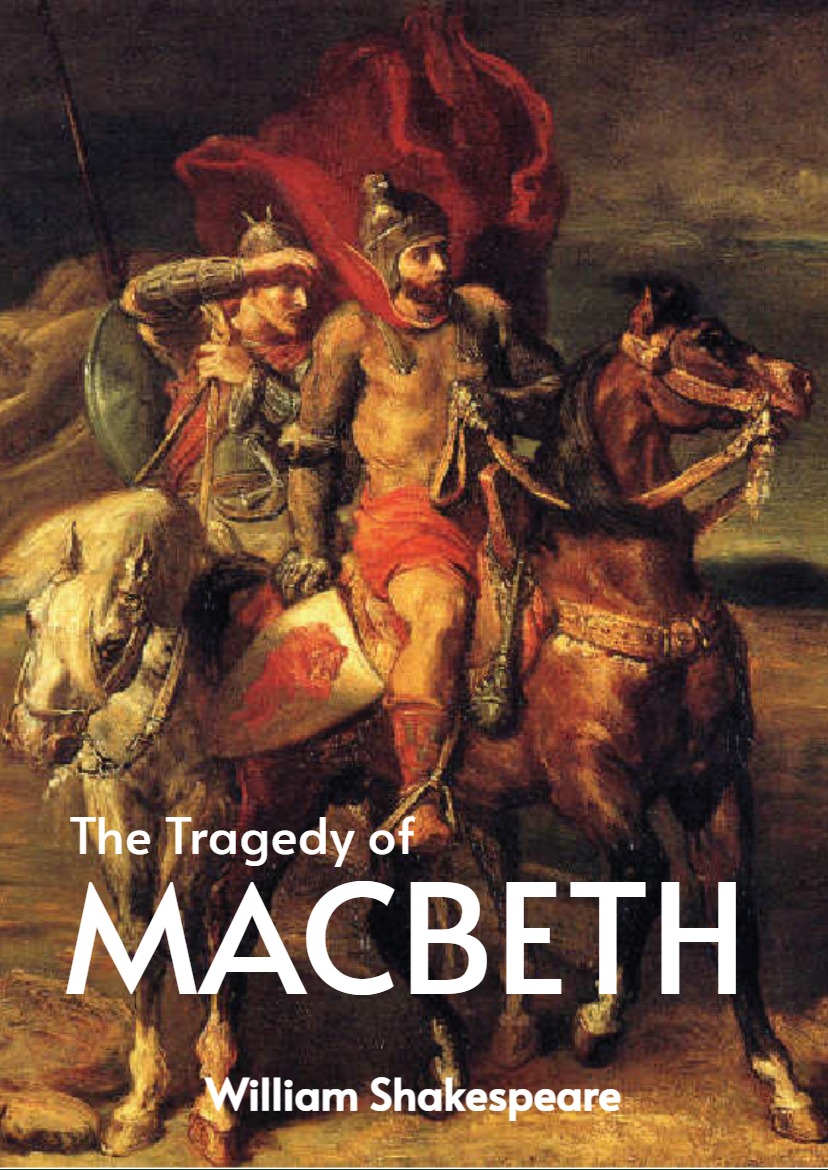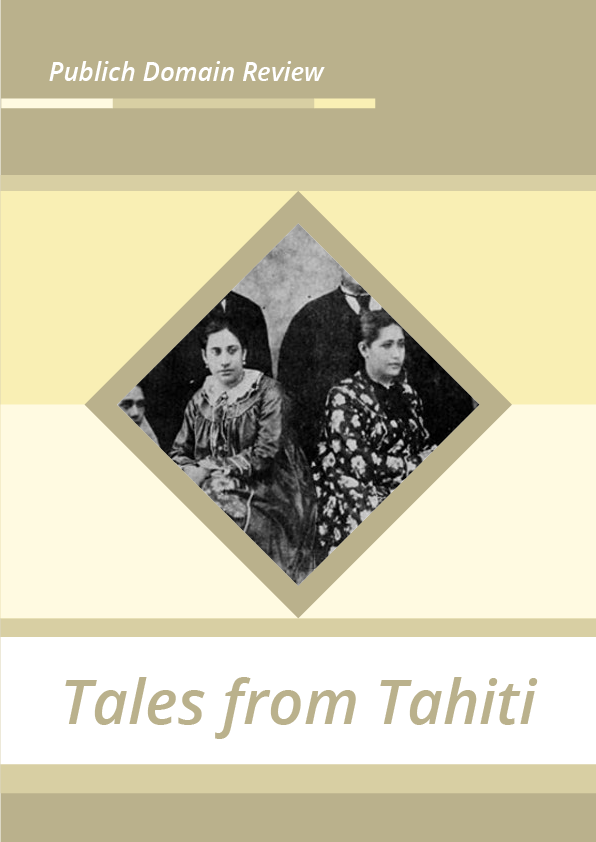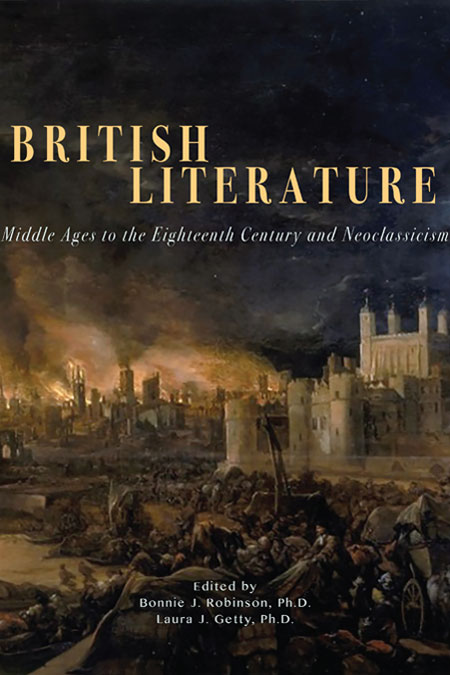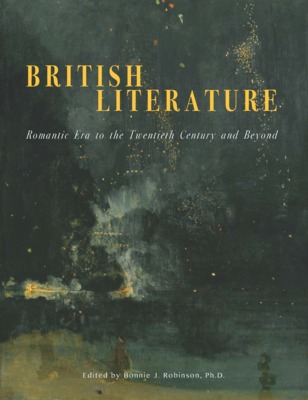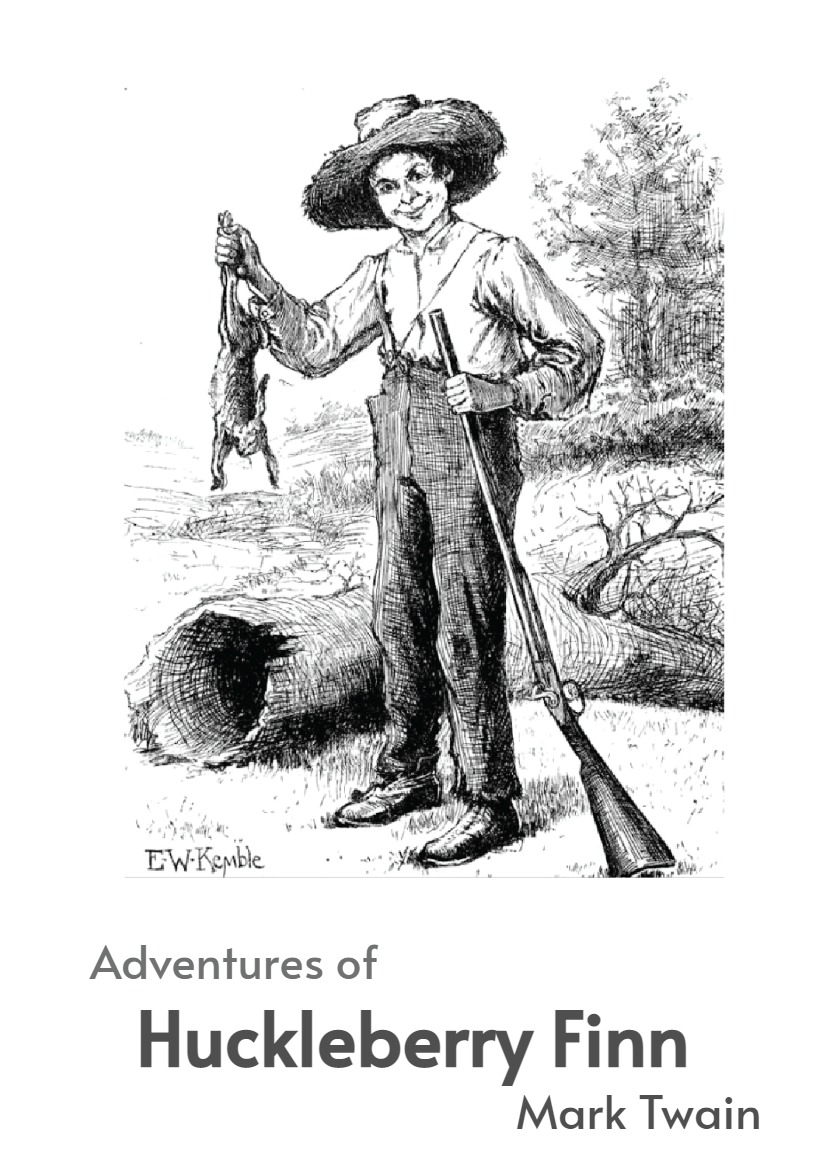Details Of The Book
Title: The Tragedy of Macbeth (Macbeth)
Author: William Shakespeare
Creation Date: First published in the Folio of 1623
About The Author
William Shakespeare ( baptism: April 26, 1564 – April 23, 1616) was an English playwright. His works include 39 plays, 154 sonnets, 3 long narrative poems, and more. They have been translated into all major languages and widely circulated to this day. In the 20th century, his fame spread to three major regions, Asia, Africa and Latin America, making him even more widely known.
About The Play
Main Characters
- Duncan– King of Scotland
- Malcolm – Duncan’s eldest son
- Donalbain– Duncan’s younger son
- Macbeth– A general under King Duncan; Lord Glamis, later Lord Cawdor, King of Scotland.
- Lady Macbeth– Wife of Macbeth, later Queen of Scotland
- Banquo– Macbeth’s friend and general under King Duncan
- Fleance– Banquo’s son
- Macduff– Lord Fife
- Lady Macduff– Macduff’s wife
- Macduff’s son
- Ross, Lennox, Angus, Menteith, Caithness – Scottish nobles
- Siward – English general
- Young Siward – son of Siward
- Seyton – Macbeth’s servant
- Hecate – Queen of Witches
- The Three Witches – prophesied that Macbeth would become king and that Bangor’s descendants would also become kings
- The Three Murderers
- Porter – Macbeth’s janitor
- Doctor – Lady Macbeth’s doctor
- Gentlewoman – Lady Macbeth’s servant
Plot Summary
The play opens with lightning and thunder as the three witches are discussing their upcoming meeting with Macbeth. In the next scene, a wounded sergeant reports to King Duncan of Scotland: two generals – Macbeth, Lord Glamis, and Bangor – have just repelled an invasion of Scotland by Macdonald-led rebels and both Norwegian and Irish armies. The king’s clansman Macbeth was honored for his bravery in battle.
When the two entered the heath, they were greeted by three witches with a prophecy. The first one said, “Macbeth is Lord Glamis.” The second said, “He is Lord Cawdor.” The third refers, “He is the future king.” The three witches tell Bangor, “Macbeth’s fate will be better than his, and his fate will be better than Macbeth’s.” As the two are thinking about it, the witches disappear and the king’s messenger, Los, appears and tells Macbeth, “The previous Lord Cawdor was executed for treason, and he has become the new Lord Cawdor.” — The first prophecy is fulfilled.
King Duncan was greatly pleased with the triumph of the two generals, praised both of them, and decided to stay at Macbeth’s castle in Inverness. Macbeth wrote to his wife, telling her of the witches’ prophecies. Without hesitation, Lady Macbeth asks him to kill Duncan and take his throne. Macbeth is disturbed, but his wife sneers back at him, accusing him of being unworthy of a man. That night, the two men get the servant drunk, so that when he wakes up, he is empty-headed and speechless.
Although Macbeth’s heart is not in it, and there are a series of visions, such as a vision of a bloodstained dagger, he still stabs Duncan to death while he is asleep. According to the plan, the bloodstained dagger was put into the hands of a servant to frame the man. The next morning, the Scottish nobleman Lennox and Lord Macduff of Fife went to the king’s chamber, where Macduff found Duncan’s body. Macbeth kills the servants before they can defend themselves, falsely claiming that he did so out of righteous indignation. Duncan’s two sons, Malcolm and Donalbain, fled to England and Ireland respectively and became suspects. Macbeth, a relative of the late king, succeeds to the throne because the original heir to the throne is missing.
Although Macbeth succeeded, he was still disturbed by the prophecy that “Bangor’s descendants would rule the country”. He then believed that Bangor would jeopardize his rule. The increasingly paranoid Macbeth invited Bangor to a royal banquet and secretly sent assassins to kill him and his son Fleance; however, Fleance escaped during the assassination. During the banquet, the ghost of Bangor appears, and because Macbeth is the only one who can see the ghost, he is frightened and immediately goes mad. His ramblings shock and confuse everyone present, and his wife explains that Macbeth is suffering from an accidental illness and that there is nothing serious. After Macbeth calms down, everyone continues to eat and drink. But to their surprise, the ghost reappeared, causing even more chaos. Lady Macbeth has no choice but to ask her honored guest to leave.
Macbeth, who is deeply troubled, visits the witches again to get the truth of the prophecy from them as well. The witches conjure up terrifying apparitions to assuage Macbeth’s fears. First, the witches conjure up an armored head to remind him to “watch out for Macduff”. Then, a bloody child tells him that “no man born of a woman can harm Macbeth”. Thirdly, a crowned child tells him that he “will never be defeated until the woods of Birnam move to Dunsinane Hill”. Macbeth is relieved because all men are born of women, and the forest does not move by itself.
After the witches leave, Lennox appears and tells Macbeth that Macduff is in exile in England. Macbeth then takes hold of Macduff’s castle and carries out a massacre. Everyone, including Macduff’s wife and children, dies horribly.
Lady Macbeth is tormented by guilt and gradually suffers a nervous breakdown. At night, the doctor and the noblewoman are discussing Lady Macbeth’s strange sleepwalking behavior when suddenly Lady Macbeth appears with a candle in her hand. Wailing the deaths of Duncan, Lady Macduff, and Bangor, Lady Macbeth tries to wash the illusory blood stain from her hands and murmurs how she forced her husband to do what he did.
In England, Macduff is informed by Los of the death of his wife and son, and is deeply saddened and vows revenge. Duncan’s son, Prince Malcolm, succeeds in gathering troops in England and plans with Macduff to retake Scotland, a plan supported by the Scottish nobility. Macduff led a disguised army to Dunsinane Castle together with Malcolm and the Englishman Seward. Meanwhile, Malcolm’s army cut down trees and advanced disguised as woods.
Before the arrival of the enemy troops, Macbeth learns that his wife has committed suicide, causing him to fall into deep despair. Although he feels the emptiness and brevity of life, he still actively defends himself. Macbeth believes that the witches’ prophecy will make him invincible, but when he learns that enemy troops are advancing disguised as woods, it is clear that one of the witches’ prophecies comes true.
The war begins with the English army overwhelmingly superior, and Macduff and Macbeth finally meet. Macbeth claims, “He need not fear Macduff, for he will not be killed by any man born of a woman.” Macduff then points out that he was “cut out of his mother’s womb before he was full term.” Therefore, he was not considered to be “born of a woman. This fulfilled the witch’s second prophecy. Macbeth finally realizes that he has misunderstood the witch’s ambiguous words. The two struggle and Macbeth is beheaded by Macduff, fulfilling the witch’s subsequent prophecy.
Macduff takes Macbeth’s head back out of the play, while Malcolm discusses how to restore order. In the final scene of the play, Malcolm is crowned as the rightful King of Scotland, which means that the kingdom returns to peace.
